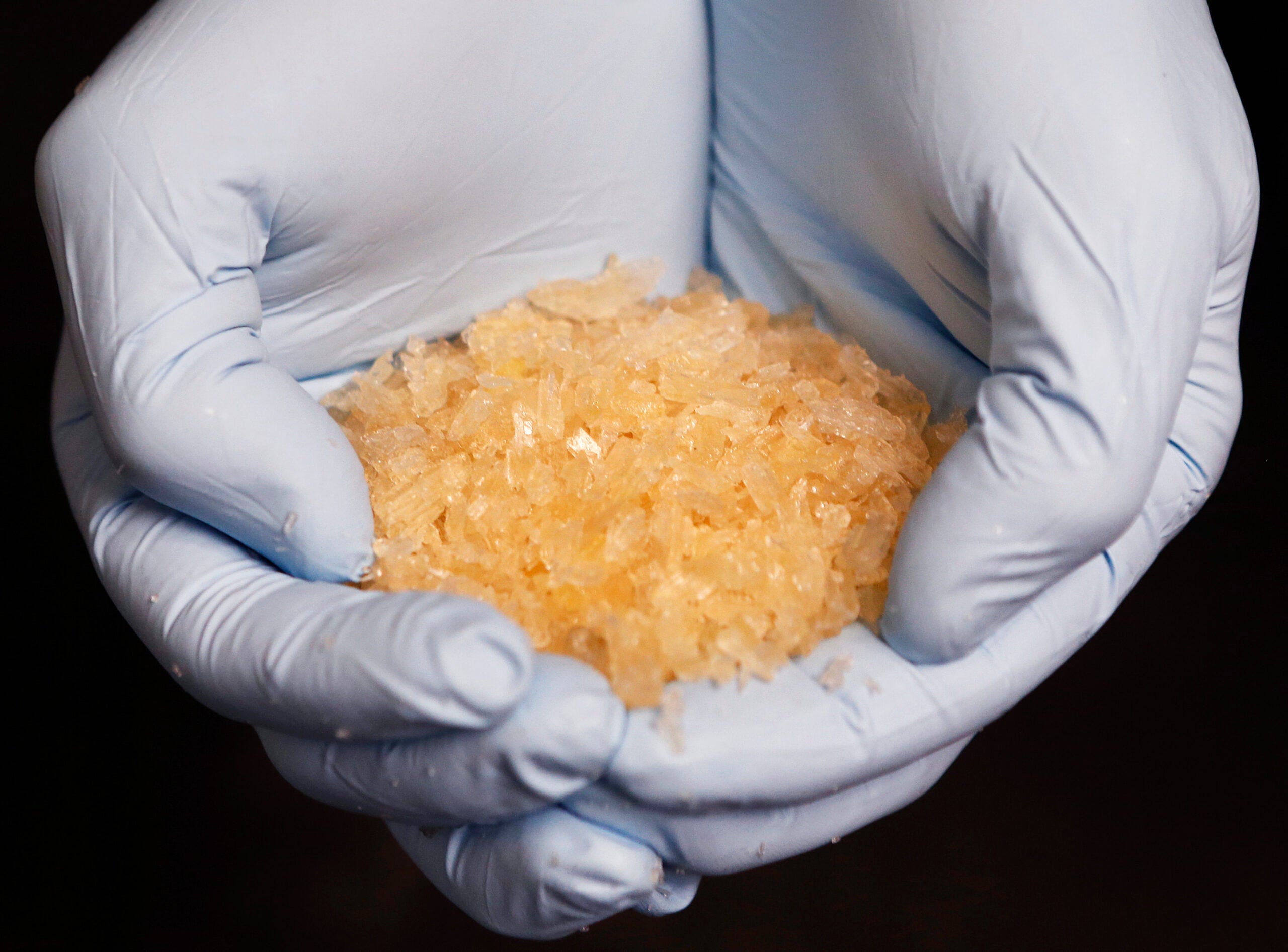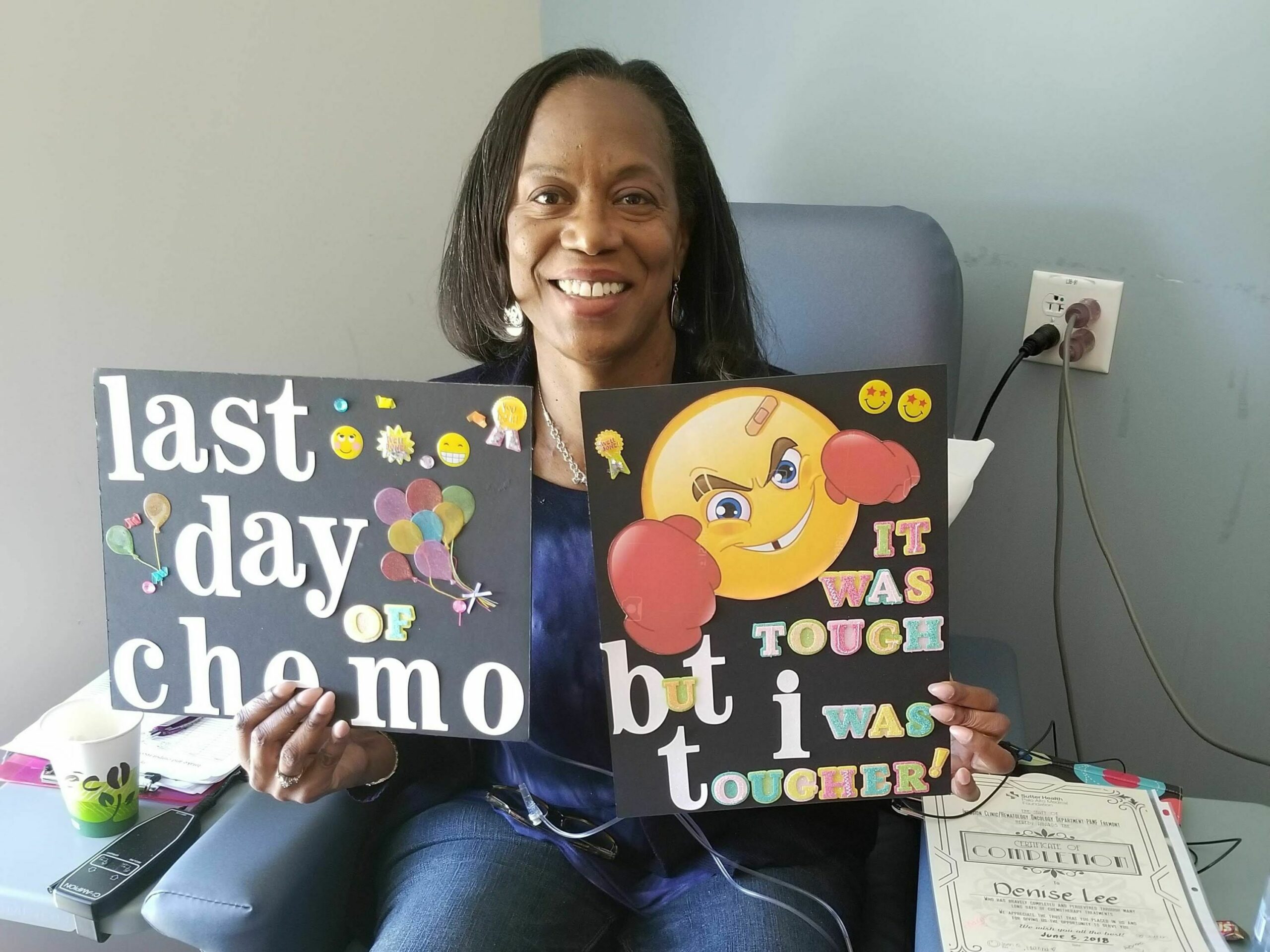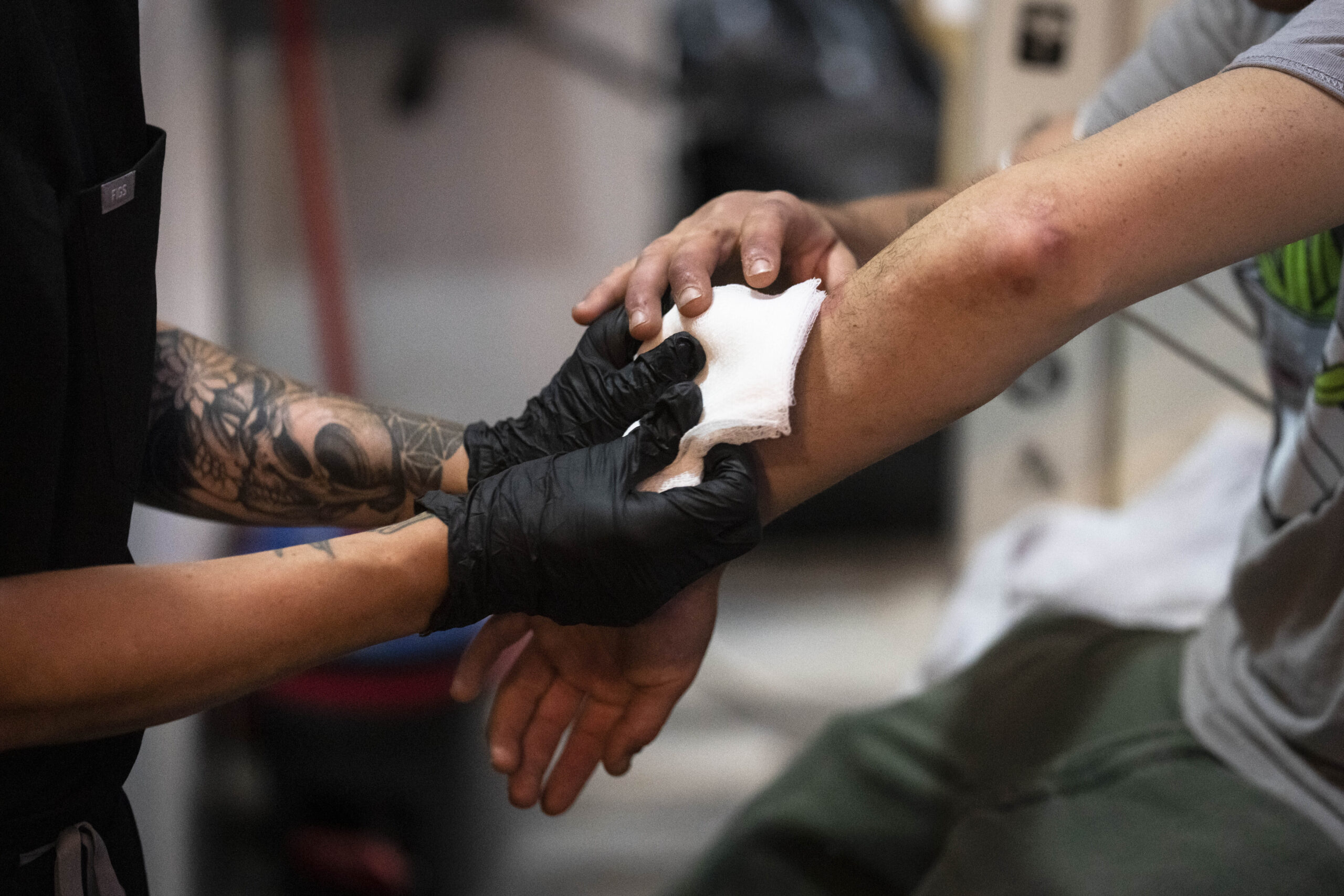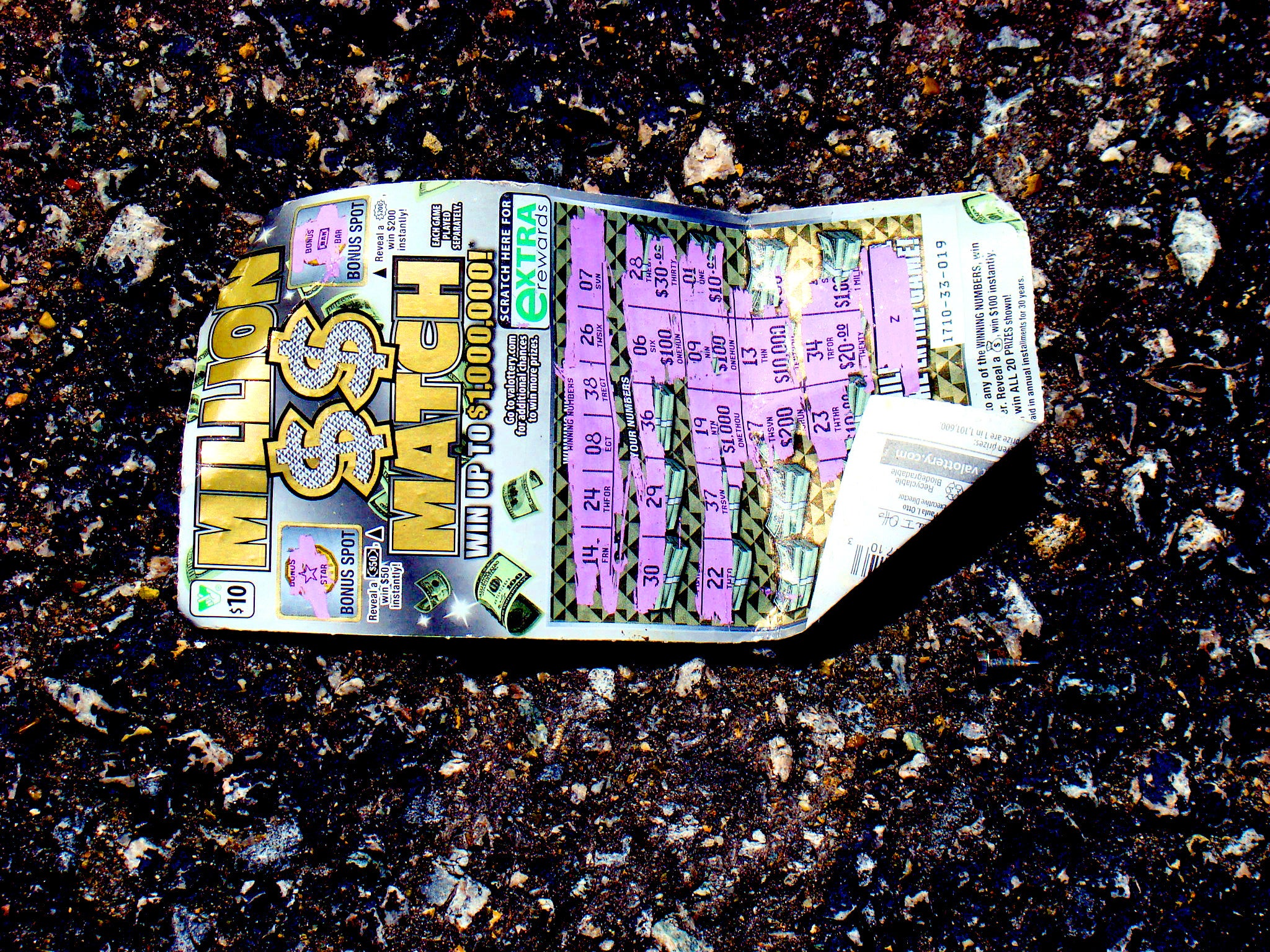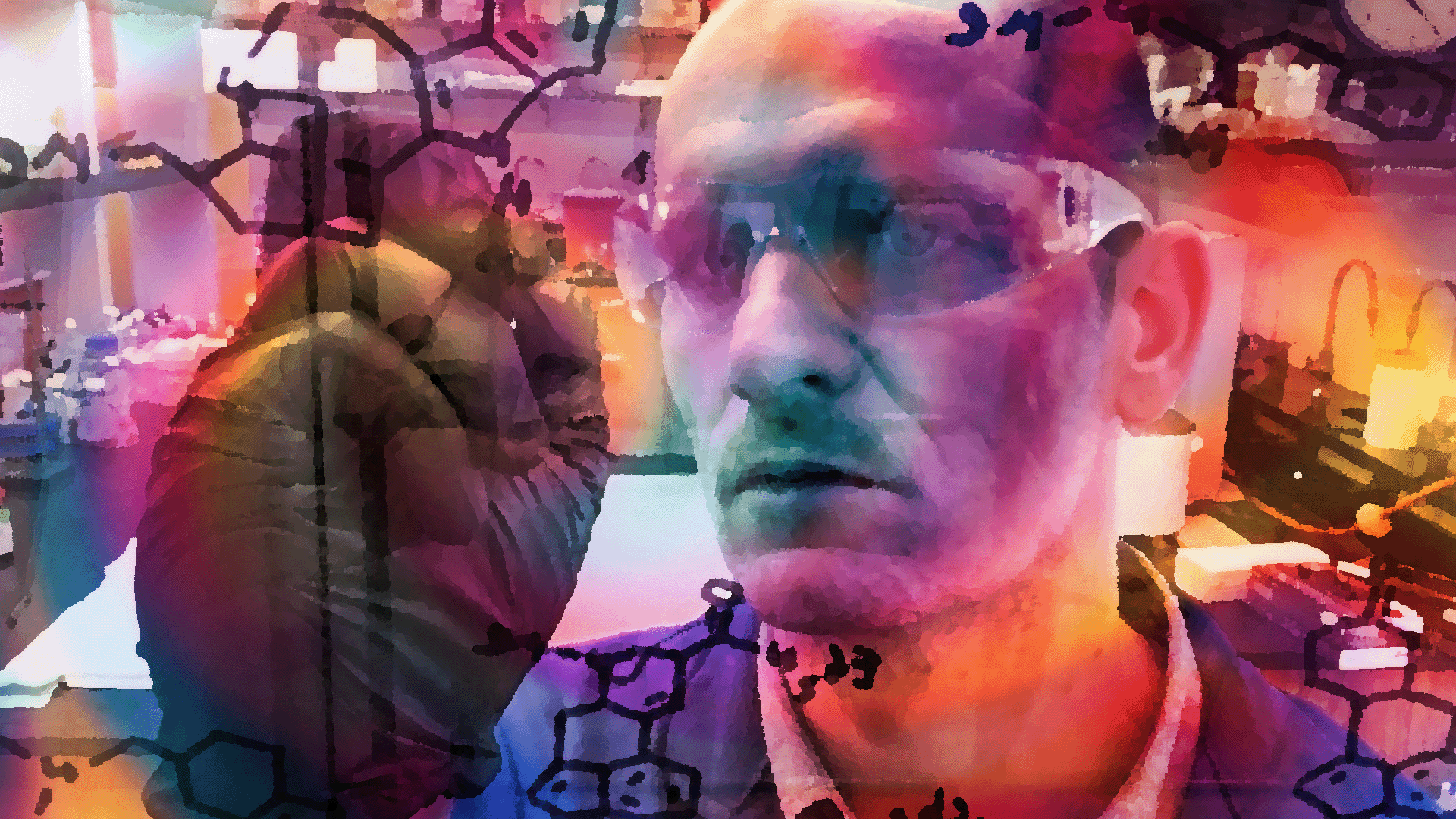Methamphetamine is a big problem, more so now that we’re under the COVID-19 cloud.
Overdoses from opioids seem to take center stage, but meth is always behind the scenes and just as bad. Until now, there has been no treatment for addiction to it.
But a new study funded by the National Institutes of Health holds promise for treatment. A combination of two medications — oral bupropion and injectable naltrexone, a drug used to treat opioid addiction — appears to be safe in treating meth addiction.
Stay informed on the latest news
Sign up for WPR’s email newsletter.
That, combined with cognitive therapy, just might provide meth addicts the help they need. Let’s dive into the data.
The study took place over a two-year period starting in 2017 and included 400 adults ages 18 to 65 with severe meth use. All wanted to reduce or stop their drug use.
They were randomly assigned to a placebo group or a drug treatment group, which received long-acting injectable naltrexone and daily bupropion, a commonly used antidepressant used for ADD and tobacco addiction. In the control group, only 3 percent did better, but in the treatment group, nearly 17 percent improved.
Nearly 1 out of 5 in the treatment group stopped their meth use. They had fewer drug cravings and better improvement in their lives, as measured by questionnaires, and how they functioned. Nearly all of them tolerated the medication, with many of them continuing the bupropion after the study was over.
Long-term meth use cause changes in the brain visible on MRI scans. This potent stimulant, like other addictive drugs, hijacks the reward system of the brain. It disrupts dopamine, oxytocin and serotonin, the three internal brain transmitters that naturally set up our brain’s reward system.
When you’re a child and your mom says “good job,” those three neurohormones kick into action, giving you the glow that makes you feel good. Just think of one of those times in your life when you felt good — even that memory gives you a warm feeling right now.
If you close your eyes and go to one of those places in your memory, this triple play reward system acts in your brain to remind you of that good time.
When you’re on meth, those systems, including the receptors that activate that system, have been saturated by the drug. Your brain is pushed up to 120 mph, so the normal reward system can’t do its job. Getting off the stuff can be terribly difficult.
My spin: In this time of COVID-19, not to mention all the other things going on in our society, it’s easy to forget we are still in the middle of a drug abuse epidemic. This new medication combination gives hope to meth addicts to help them recover.
Wisconsin Public Radio, © Copyright 2024, Board of Regents of the University of Wisconsin System and Wisconsin Educational Communications Board.

